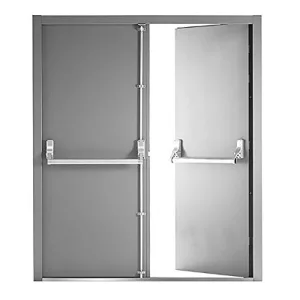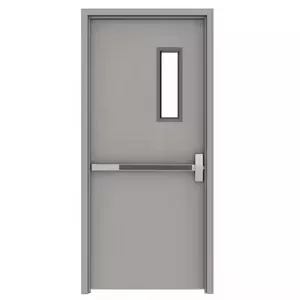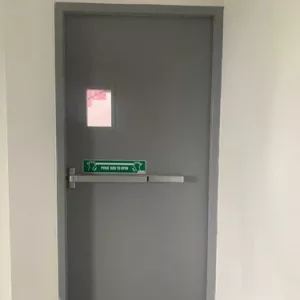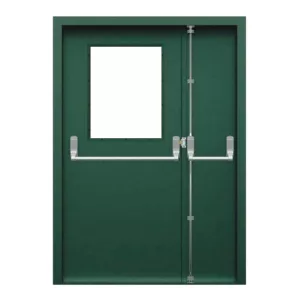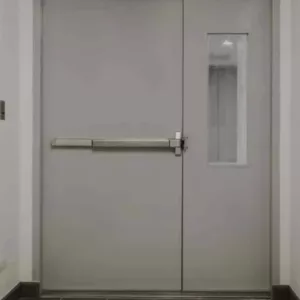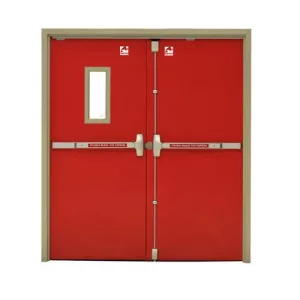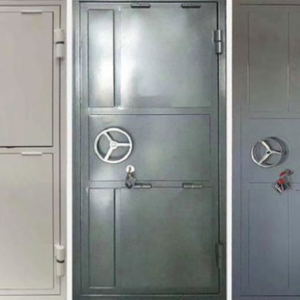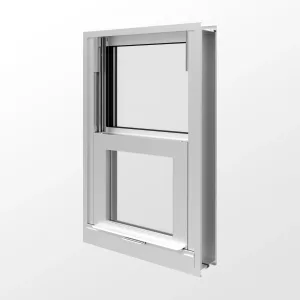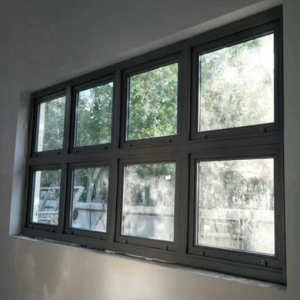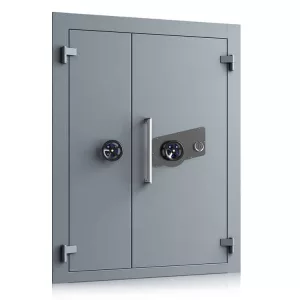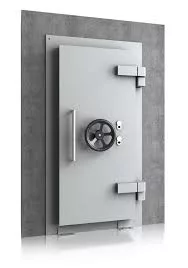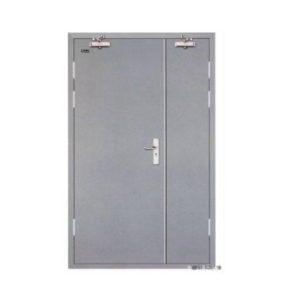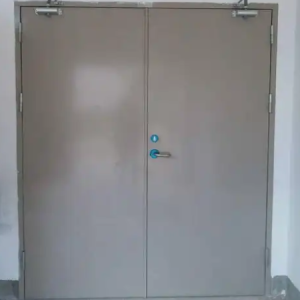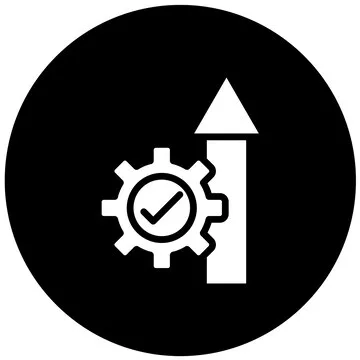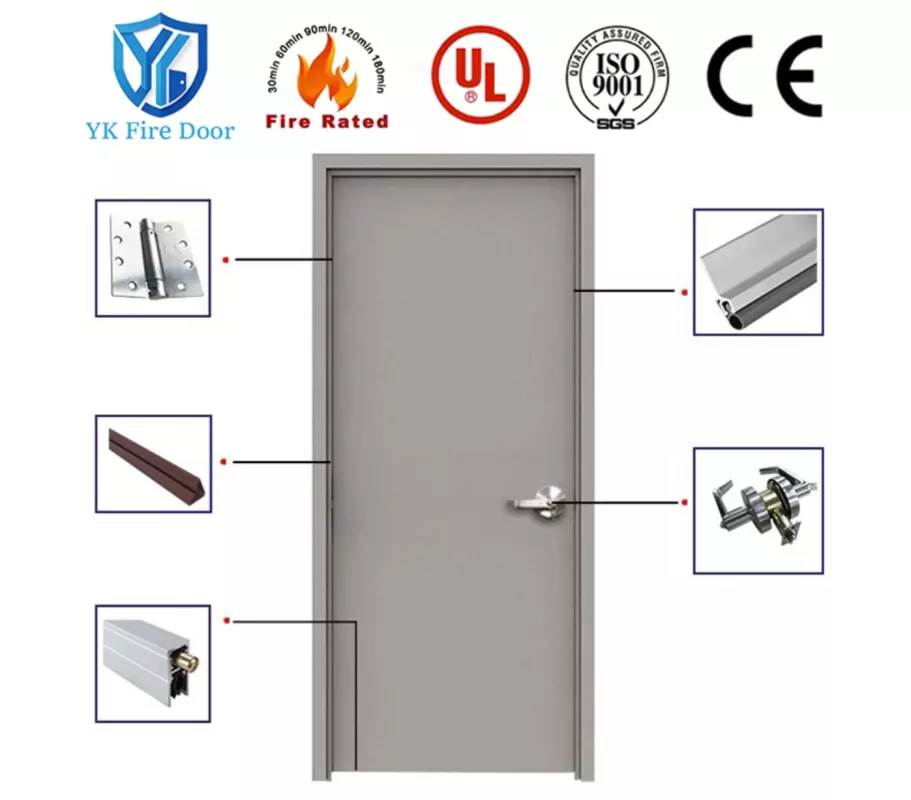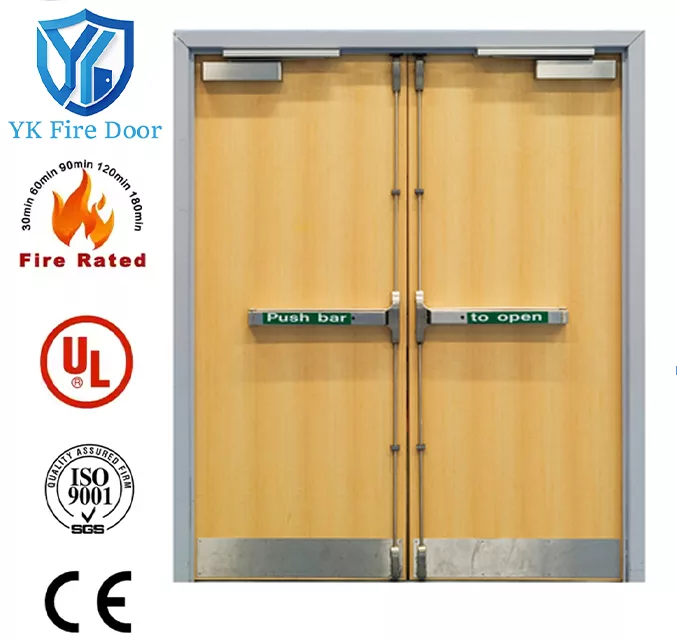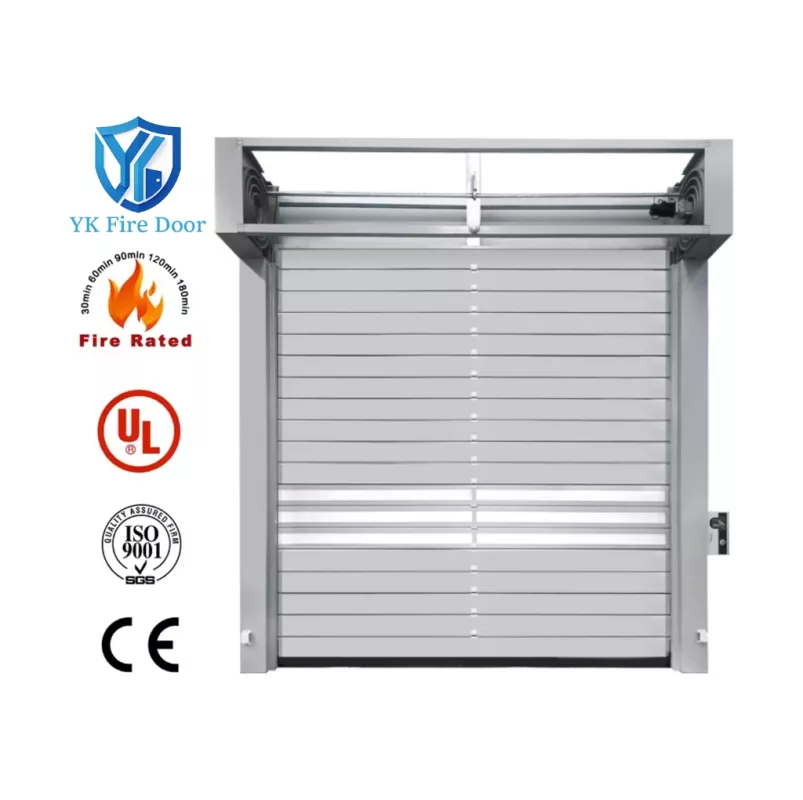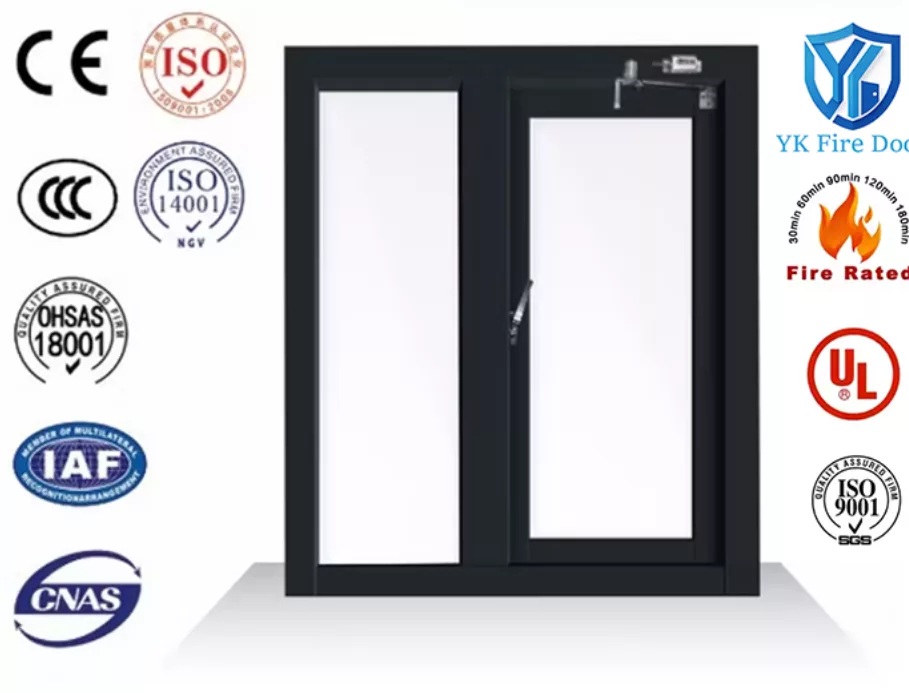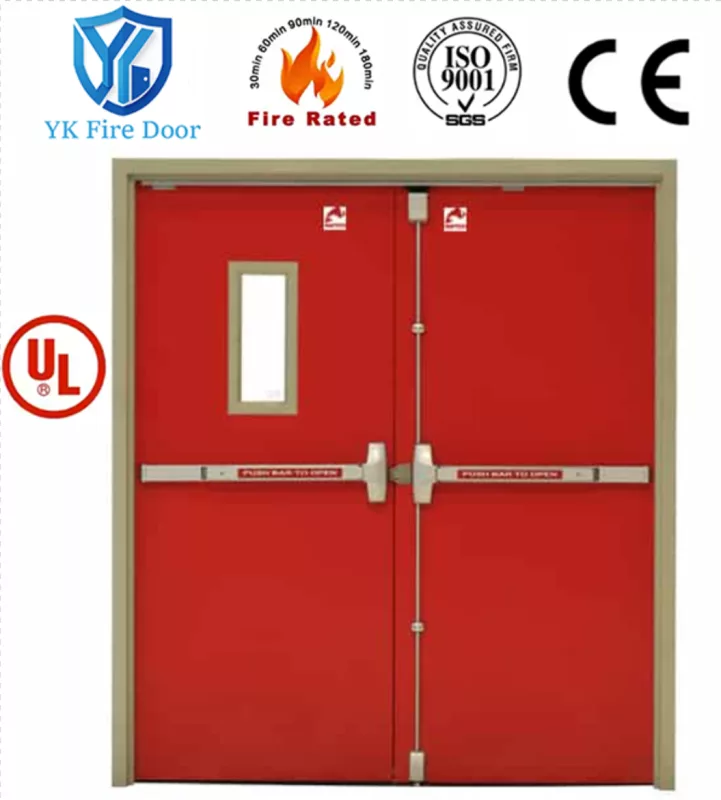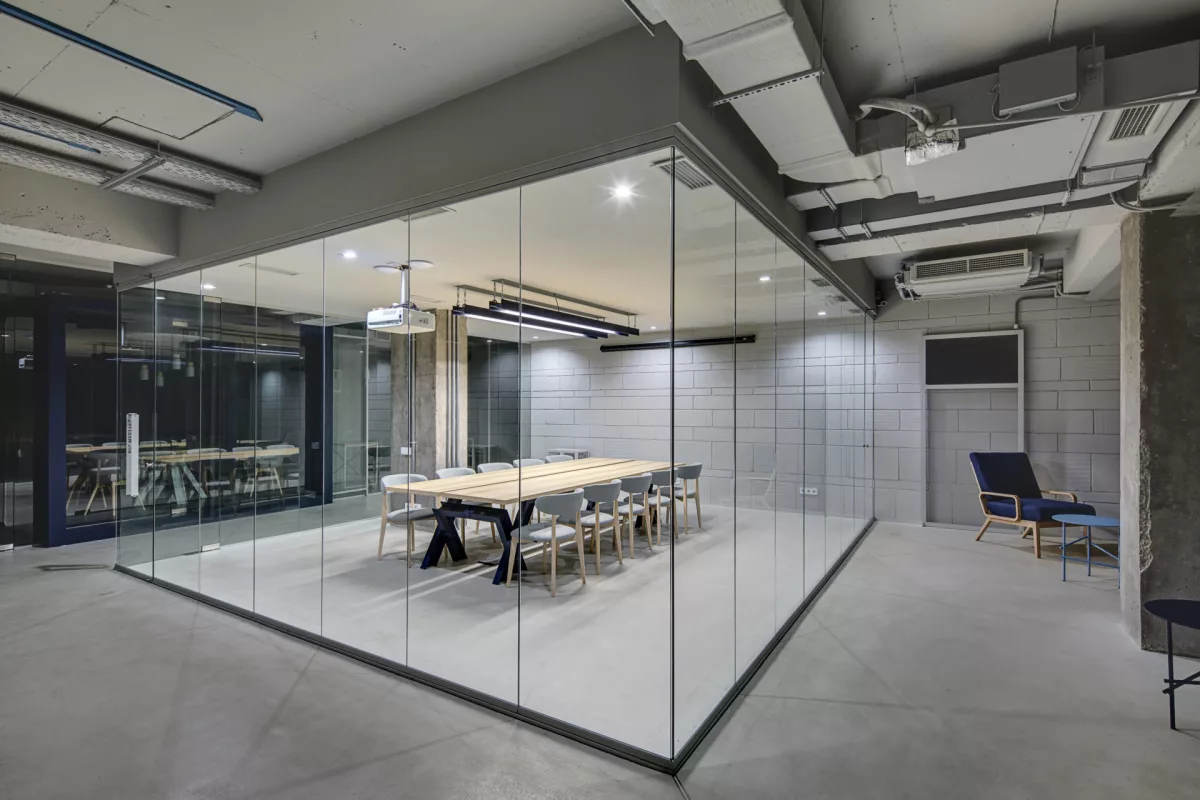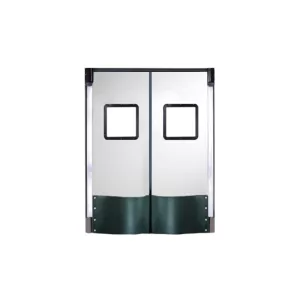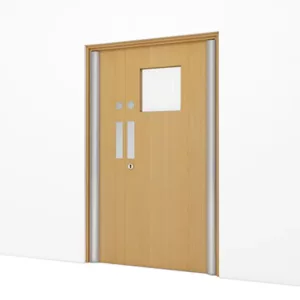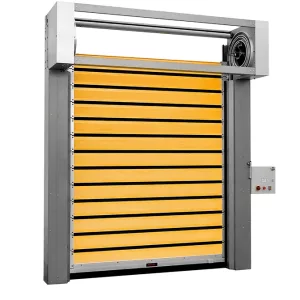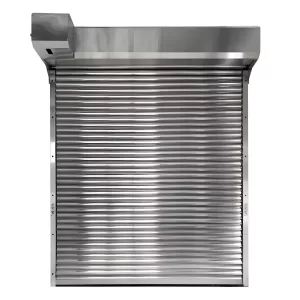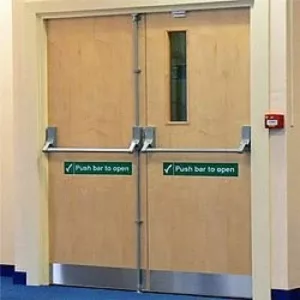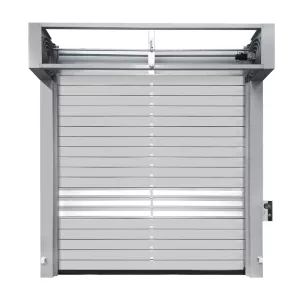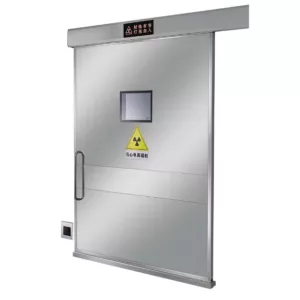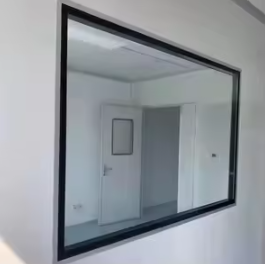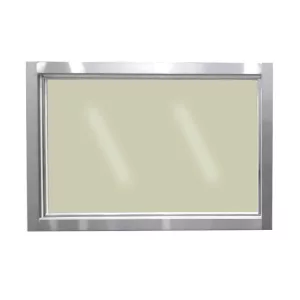YK Door Solutions – Your Trusted Partner for
Commercial Door & Fire Rated Doors in Latvia
🚪 Premium Commercial Doors – Fire Rated, Metal, Solid Core Wood & More
📦 Statewide Delivery – Direct to Your Jobsite or Business Across Latvia
⚡ Priority Pricing & Fast Shipping – Get the Best Value Without Delays
Why Choose YK?
✅ Certified Quality – UL, CE, WH, 3C & More – Fully Compliant & Trusted
✅ Dedicated Account Manager & Expert Support
✅ Complete Packages – Doors, Frames & Hardware in One Order
✅ Job-Site Delivery & Quick-Ship Options for Urgent Projects
Serving Latvia with Quality & Reliability – Contact Us Today!
Contact us
YK Fire Door – Your Trusted Partner for Fire Rated Door& Commercial Doors in Latvia
🔥 Expertise You Can Trust – With Years of Latvia-Specific Experience, We Know Local Fire Codes & Inspections
🚪 Wide Selection – Fire Rated Doors, Steel & Wood Doors, Frames, Hardware & More
📦 Fast & Reliable – In-Stock, Quick-Ship & Custom Options – Statewide Latvia Delivery
💰 Competitive Pricing – Get a Quote Today & Save
Why Contractors & Businesses Choose YK Fire Door?
✅ Latvia-Proven Compliance – Certified Solutions That Pass Inspections
✅ End-to-End Support – From Selection to Installation
✅ Trusted Since 1995 – Local Expertise, National Standards
Serving All of Latvia – Contact Us for a Seamless Door Ordering Experience!
Ola Nordmann
Customer Support
Lorem ipsum..
Work With a Qualified Fire Door & Commercial Door Professional
Work one-on-one with an experienced specialist in fire-rated doors, commercial metal doors, wood doors, hollow metal frames, and door hardware. Get expert guidance on selecting, customizing, and installing certified fire doors and commercial door solutions for your project.
Ola Nordmann
Customer Support
Lorem ipsum..
Save Time, Money & Avoid Costly Mistakes
We provide customized fire door and commercial door solutions worldwide, delivering quality products, safety compliance, and expert support for efficient, cost-effective projects across Asia, Europe, the Americas, and Africa.
Ola Nordmann
Customer Support
Lorem ipsum..
Efficient Delivery & Freight Discounts on Most Orders
We provide fast, reliable delivery tailored to your project requirements. Our team ensures efficient transport to your specified location worldwide, with volume pricing and flexible shipping solutions. Contact us for details.
YK Fire Door – Latvia’s Premier Fire-Rated Building Solutions
Comprehensive Fire Protection for Every Construction Need
From solid-core fire-rated wood doors to durable steel fire doors, expansive fire-rated glass systems, and specialized fireproof building materials – YK Fire Door delivers code-compliant solutions for commercial buildings, healthcare facilities, schools, and multi-family housing across Latvia.
Key Differentiators:
• Latvia-specific fire code expertise
• UL-certified & ASTM-tested products
• Custom configurations for unique architectural needs
Local Commercial Door Specialists – Your Project Partners
With the largest team of certified fire door professionals in the region, we provide:
✓ Complete commercial door system audits
✓ Fire code compliance consulting
✓ Precision installation by licensed technicians
✓ Ongoing maintenance programs
We at YK Fire Door have learned that in Latvia, a fire door can’t just wear a sticker and pass – it has to prove itself. Latvian building code (LBN 201-15) essentially requires every internal fire door to meet strict fire and smoke-control criteria. In practice, that means a claimed FD60/FD90 door must come with real test reports: it must have passed a full EN 1634‑1 fire-resistance test (actual burn test) and an EN 1634‑3 smoke-leakage test, then be classified under EN 13501‑2. In short, Latvia insists on performance, not just paperwork.
- EN 1634‑1 fire endurance test: This is the standard method for determining a door’s fire resistance under heat.
- EN 1634‑3 smoke-control test: This test measures how well the door stops smoke leakage under both cold and hot conditions.
- EN 13501‑2 classification: After testing, doors are given a fire-class label (like EI2 60) based on integrity and insulation performance.
All these pieces – the test certificates and the classification – are mandatory. In fact, an official Latvian guidance document makes it clear: manufacturers or importers must ensure fireproof doors meet the fire-resistance and smoke-control requirements of LBN 201-15.
Beyond the Lab: On-Site Realities
Getting a test report or CE mark isn’t enough to sail through a Latvian inspection. I’ll never forget shipping a batch of FD60 doors labeled “EI60” (Europe’s older notation) with EN certificates – only to have Riga’s inspectors send them back. Why? We’d forgotten the EN 1634‑3 smoke-test certificate. That missing detail cost us weeks of red tape. Since then, we’ve insisted on full EN 1+3 test reports and double-check labels before shipping. It sounds like a small thing, but in Latvia, inspectors notice – and they won’t approve a door until everything is literally in order.
This is a lesson learned the hard way: you might have a CE-marked door, but if it isn’t documented exactly as Latvian regs expect, it’s back to square one. Our mantra became: don’t just trust the label – verify the test.
Real-World Checks: Gaps, Hinges, and Closers
Inspectors in Latvia will even measure the gaps around a fire door. They typically allow only about 3 mm at the sides and 8–10 mm at the bottom. (With a proper smoke seal in place, that bottom gap can be as tight as 3 mm.) Left unchecked, wide gaps let smoke pour through – a danger no code will tolerate.
It’s not just gaps. Every fire-rated door (except apartment entry doors) must have a working self-closer. In a fire it must shut itself reliably. Even double-leaf doors have a rule: one leaf has to close fully before the second one shuts (so they interlock properly). This isn’t optional nitpicking – it’s life safety.
I recall a recent Riga renovation: two historic double doors, factory-adjusted and “sealed,” still wouldn’t latch on site because the floor was uneven. Our guys swapped in adjustable closers and fine-tuned them on the spot during final inspection – and only then did the doors pass.
In fact, one fire-safety guide notes that “fire door closers…automatically close when opened. This avoids any smoke or fire from spreading.” Those words echo our experience: a small field tweak (a different closer, a little calibration) can make the door truly fire-ready.
YK Fire Door’s Recommendations
Based on our Latvia projects, here’s what we now advise all suppliers and installers:
- Use fully tested doors. Source only doors with both EN 1634‑1 and EN 1634‑3 reports, classified under EN 13501‑2. No shortcuts.
- Pre-fit adjustable closers. Don’t rely on a one-size-fits-all factory setting. Install closers that can be tuned (for height, resistance, latch timing) to handle uneven floors or heavy frames. In our jobs, this has saved countless re-inspections.
- Check the closer in daylight. On delivery, make sure the closer is visible and working freely before you even label the door. The inspectors will check it during handover.
- Add bilingual labels. We slap on simple stickers with both Latvian and English (e.g. “EI60 – fire door – УГ60”) to help local inspectors and bilingual project teams. It’s a small step that speeds up approvals.
- Remember staircases and tall buildings. Under LBN 201-15, stairwell doors especially must meet high standards. For example, doors in buildings over ~28 m tall typically need at least a 60-minute fire rating (EI60) on those escape-route doors.
These practices may seem rigorous, but they pay off. In one sense, Latvia’s strict checks are a partner in safety, not just bureaucracy.
Conclusion: Real Performance, Not Just Paper
Ultimately, Latvia’s fire-door regime taught us to expect the inspectors to catch every detail – and to be ready. It’s not pointless red tape; it’s a safety net. This scrutiny forces us at YK Fire Door to stay sharp at every stage, from pre-testing to final on-site checks.
For anyone searching “Latvia fire door” or “FD60 fire door Latvia,” the takeaway is simple: the rating alone is just the starting point. Your supplier must deliver a package that truly works in real conditions – not just a label that looks good.
In short, make sure the doors arrive tested, labeled and adjusted to pass the toughest Latvian inspection. That way, when the time comes, they’ll perform just as intended – and that’s what really counts.

